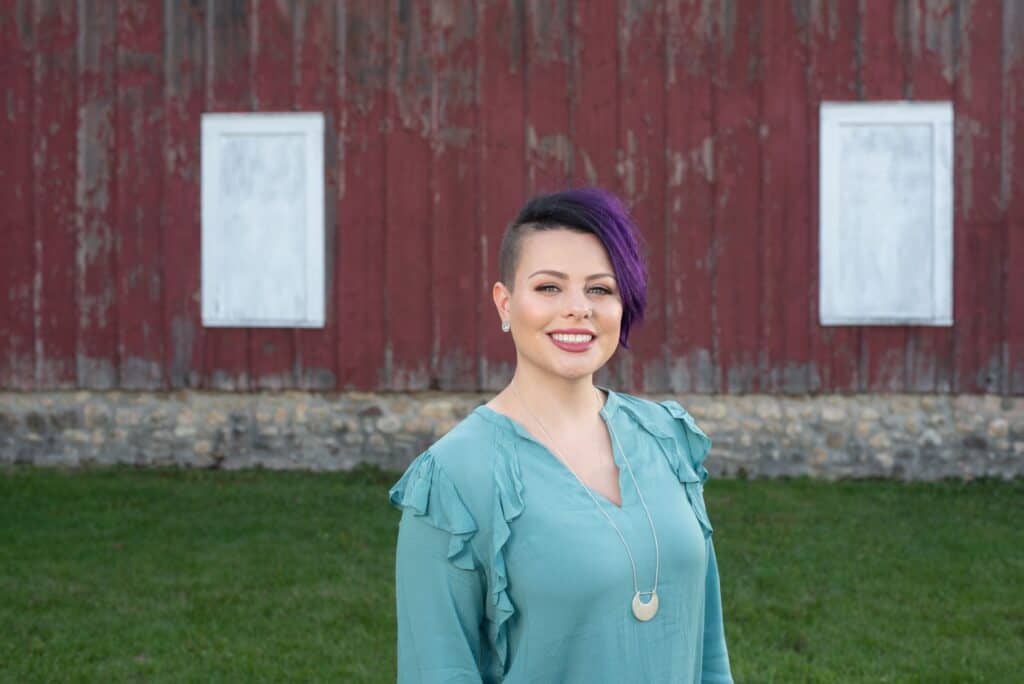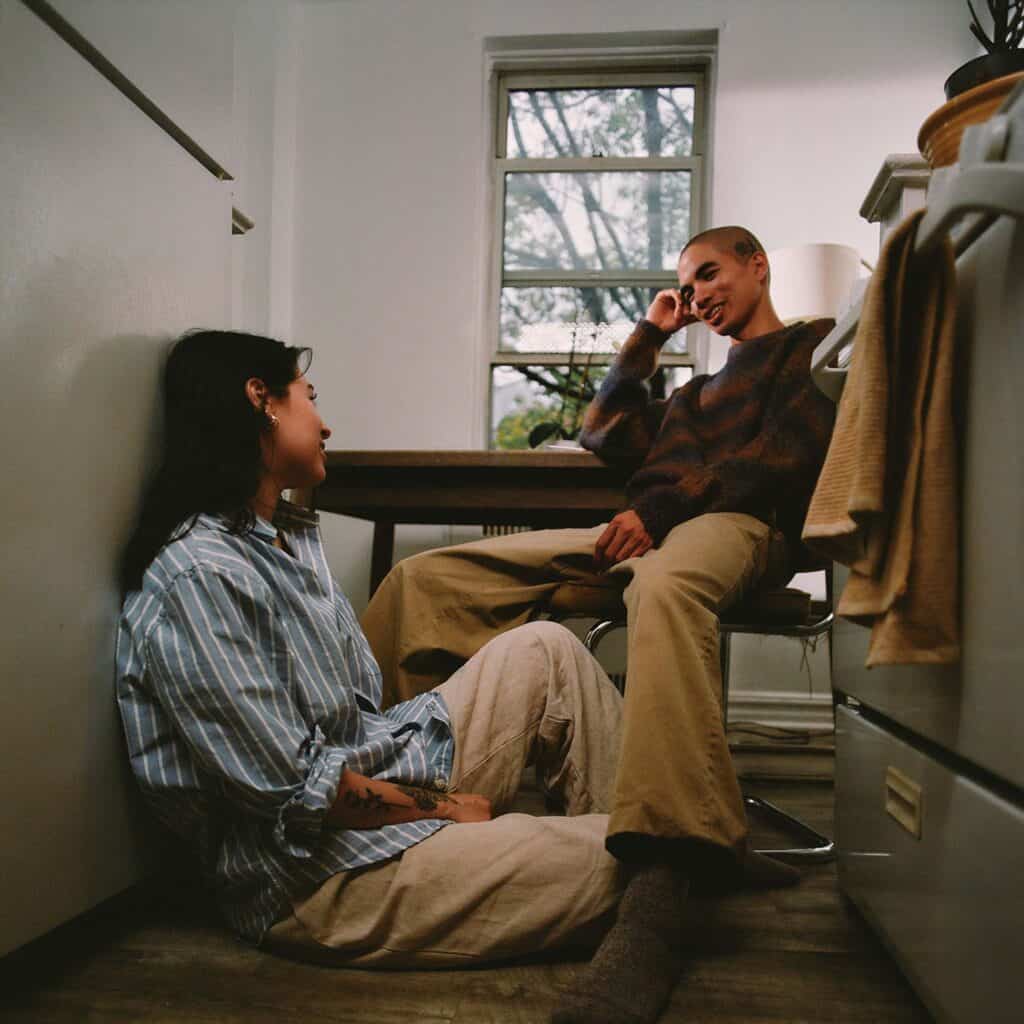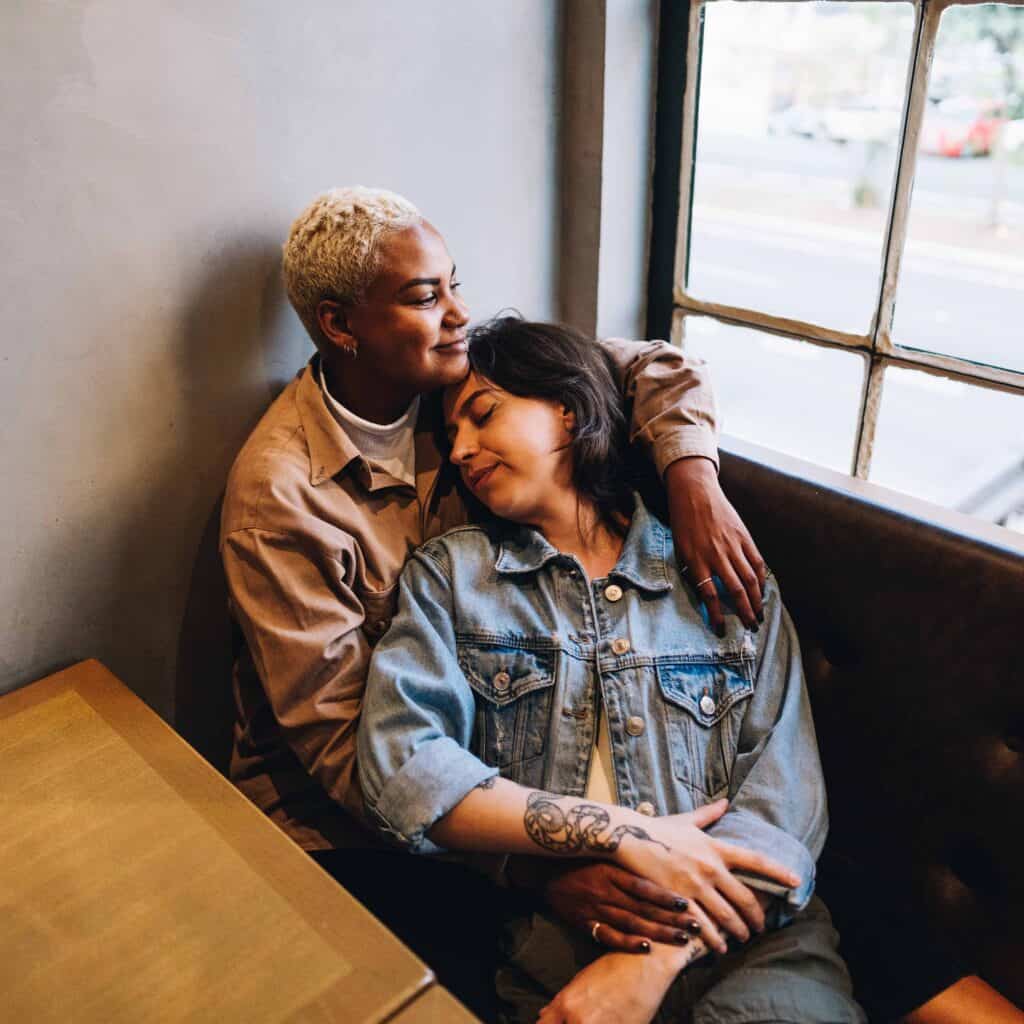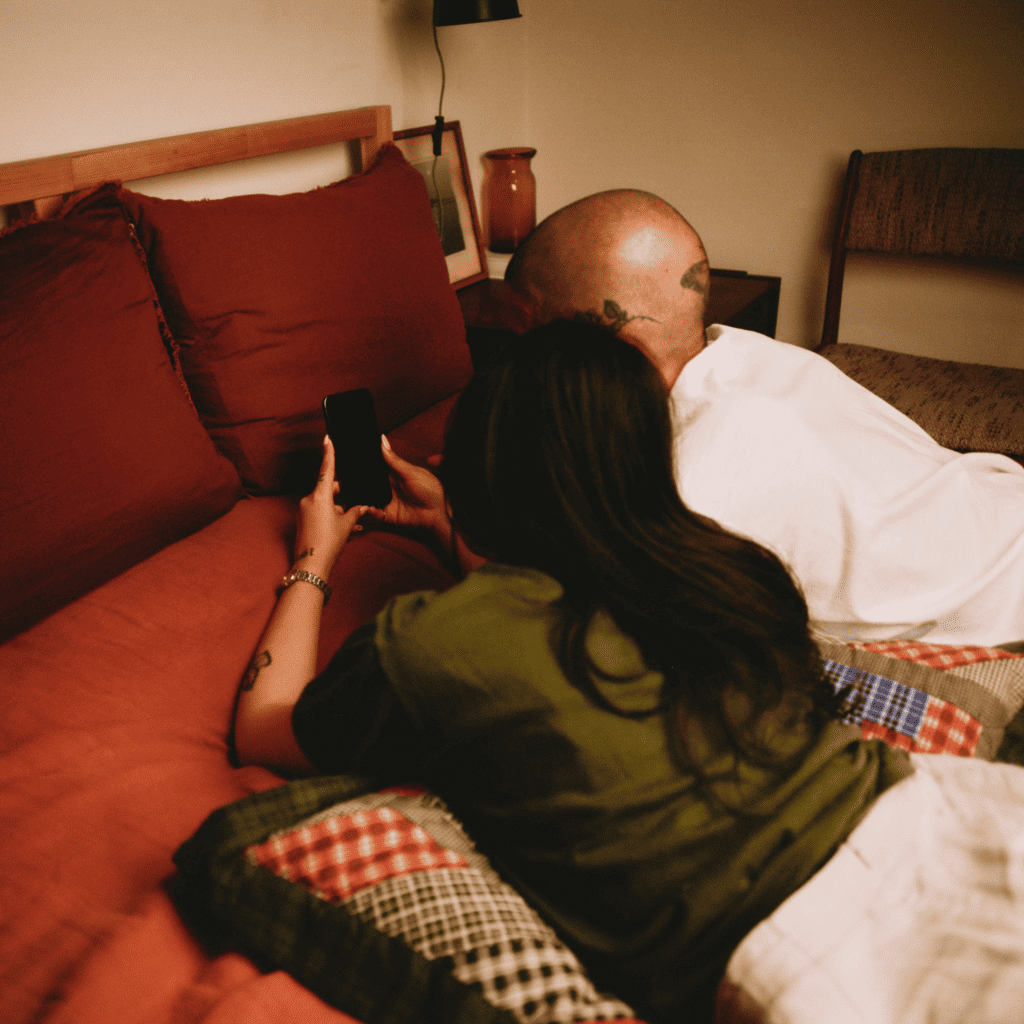Ask a therapist
How to have intentional relationships

Every Friday, we open our Instagram to the Ours community and let couples submit questions to our team of couples therapists. We pick the most interesting ones and write our thoughts here. This week’s question is: “How can I have more intentional relationships?”
Some common buzzwords nowadays are things like “mindful” or “intentional.” The benefits of mindfulness and being in the present moment have been studied and consistently show added value to peoples’ lives and sense of happiness.These are great daily practices, and it might be fairly easy to be intentional with certain tasks or experiences throughout the day (taking a moment to enjoy your coffee as you watch the sunrise, for example). But when it comes to our most important relationships, it can be kind of tricky and sometimes requires a little extra thought and effort. So, what does that look like in practice?
Let’s break it down:
To be intentional, is to be in touch with our thoughts and feelings and have control over them. It’s one thing to be aware of emotions, and it’s another to have a sense of control over how we choose to express them with our romantic partners. In order to make your partner aware of how you feel (especially for the really hard feelings), it’s important to share with them when you are most emotionally regulated. When we are in fight or flight (and yes- this happens even when we aren’t in life-threatening danger!), it is physiologically impossible to communicate effectively. And there’s a reason for that. When we are in a survival state, our brains and bodies need to use energy to get us away from danger. This doesn’t leave much room to use I-statements or any other creative strategies to reflect how we feel. Focus on getting to an emotionally safe and regulated place when communicating. This is a practice, but it’s the type of effort that’s absolutely worth it in the long run.
To be intentional, is listening to understand. Have you ever had a heated discussion where you are just waiting for the other person to stop talking so you can detonate more truth bombs? Was it worth it? Maybe in the moment it felt satisfying, but were you really hearing what the other person was saying in order to find a solution? When the people we care deeply about are sharing a vulnerable feeling, it’s important that we aren’t letting our own filters and perceptions cloud their experience. Some great questions to ask your partner when you are intentionally listening to them are:
- What I’m hearing you say is ____________. Am I getting that right? (this is a type of reflective listening skill).
- I want you to feel open to share how you feel with me. If I am starting to react in a negative or unhelpful way, I’ll do my best to share with you that I need a break so that I can come back and be a better listener.
- I’m noticing (reflecting any physical changes you see with them. Ex: crying, shaking, not making eye contact). What can I do to be supportive to you so that it might be more comfortable to share with me?
- What is one thing I can do that would make this situation even slightly better?
To be intentional, is to know the way your partner wants to be loved. How we give and receive love is different for everyone. And it can truly change over time as we evolve as people. A common way to talk about this is exploring things like “love languages” like words of affirmation, physical touch, giving gifts, acts of service, and quality time. How you may receive love best might be totally opposite of your partner. To be intentional, is making the effort to remember what makes them feel loved and appreciated the most. For example, if you prefer acts of service, and your partner prefers physical touch. You would then need to be mindful that at the end of a long day they may really just need a hug, and don’t necessarily need you to clean the house spotless for when they come home.
To be intentional, is to never stop learning each other. What I mean by that, is to never stop making the time and effort to understand your partner’s needs, desires, and hopes. Activities like Rose, Bud, Thorn are great for carving out time for intentional conversations. In this activity, you are connecting with your partner (ideally with electronics away to foster being present in the moment) about what you’re most proud of in your relationship, what needs some work, and things that you want to continue putting effort into. This is a perfect way to check in and foster deeper discussions about things that may not naturally come up over dinner.
The grass is always greenest where you water it. Hoping you are inspired to add some intentionality in your love life!








